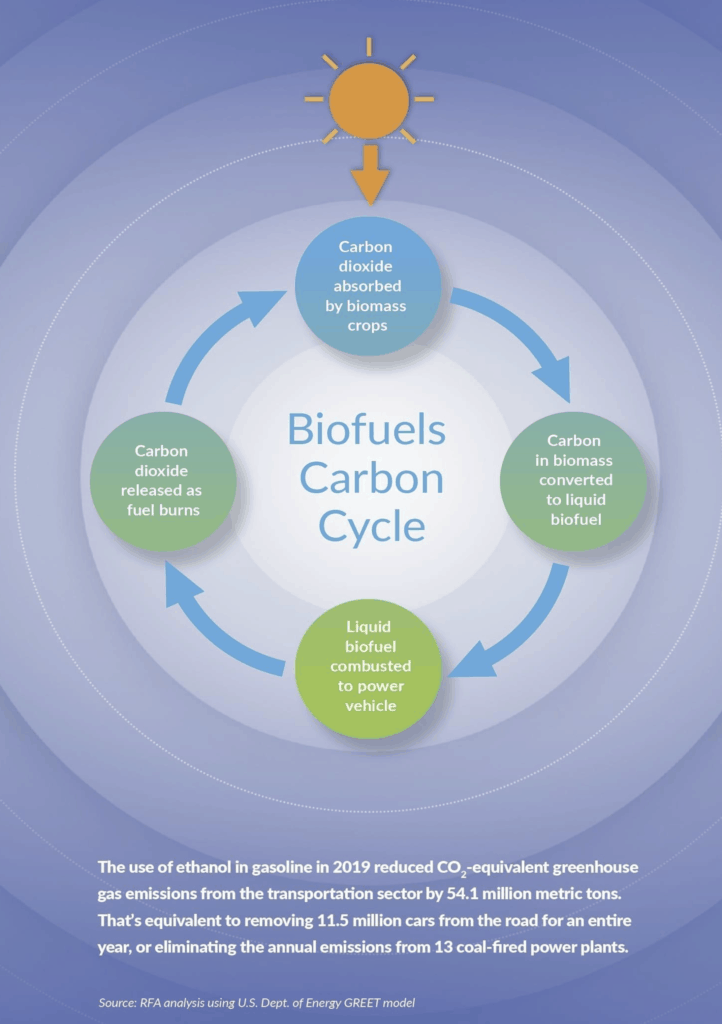ETHANOL

WHAT IS ETHANOL?
Ethanol is a natural by-product of plant fermentation. It is a colorless volatile flammable liquid which is produced by the natural fermentation of sugars, cellulose, or converted starch. For instance, ethanol can be derived from sugar cane, maize, guinea corn, millet, other starchy substrates such as Cassava.
USES OF ETHANOL
Ethanol is not only a widely used organic solvent and an important part of the alcohol beverage industry, it has also become the fastest growing fuel source in the world. The global interest in the use of ethanol as an alternative source of energy is increasing for a number of reasons: its not poisonous; doesn’t cause air pollution; generates a higher octane rating than petrol; creates jobs and economic development in rural areas; can provide energy independence and national security; and a viable replacement for the inevitable depletion of fossil fuels.
BENEFITS OF USING ETHANOL
The last five years have been some of the earth’s warmest years on record. Moreover, unprecedented fires in Australia and the western United States, record ice melt in the Arctic, and increasingly volatile weather patterns across India and other parts of the world have sparked a global dialogue about the growing imperative to reduce carbon. US. Department of Agriculture (USDA) and others already recognize that crop based ethanol reduces greenhouse gas (GHG) emissions by 35 to 50 percent compared to petrol. Emerging ethanol technologies promise to boost that reduction to around 70 percent in just the next few years, according to USDA.
Ethanol is considered the best tool available to reduce tailpipe emissions of other harmful pollutants. Adding ethanol to petrol significantly reduces tailpipe emissions of the following pollutants, among others:
- Carbon monoxide – cause harmful health effects by reducing oxygen delivery to the body’s organs.
- Exhaust hydrocarbons – irritates the eyes, damages the lungs, and aggravates respiratory problems.
- Air toxics like benzene – cause cancer and reproductive effects or birth defects.
- Fine particulate matter – through the throat & nose and into the lungs, causing serious health effects.
A litre of ethanol contains less energy than a litre of petrol, resulting in improved fuel economy when operating your vehicle. The higher the ethanol blends the greater the increase engine efficiency. Ethanol also has a higher octane number than petrol, which provides increased power and performance. For example, Indianapolis 500 drivers often fuel their race cars with E98 because of its high octane.
Ethanol production creates jobs in rural areas where employment opportunities are needed. For instance in the US ethanol production in 2019 accounted for more than 68,600 direct jobs across the country, $43 billion to the gross domestic product, and $23 billion in household income.
Reduces countries dependence on fossil fuels, reliance on energy imports and the opportunity to generate export revenues leading to reduction in adverse foreign trade balance.
The carbon dioxide released by a vehicle when ethanol is burned is offset by the carbon dioxide captured when the feedstock crops are grown to produce ethanol. This differs from gasoline and diesel, which are refined from petroleum extracted from the earth. No emissions are offset when these petroleum products are burned.
